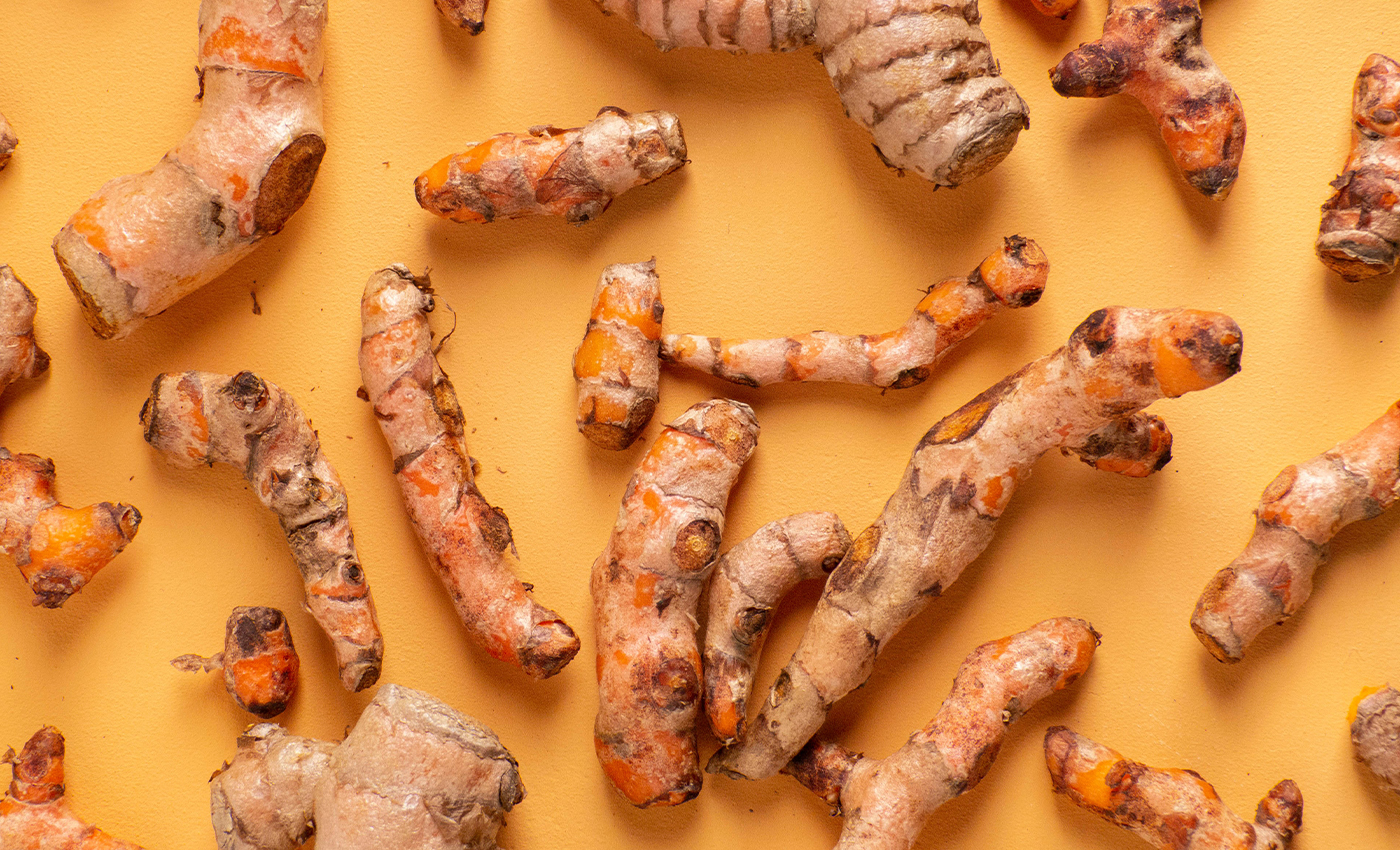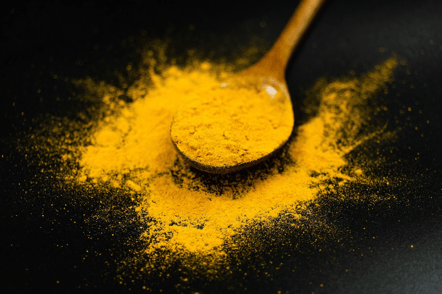By: rajeswari parasa
May 15 2023
Is turmeric really an immunity booster? Here is what science says

Turmeric, the yellow powder spice that is widely used for cooking in South Asia and other parts of the world, has gained quite a reputation for being the “magic spice” that helps boost immunity.
On May 7, addressing an election rally in Karnataka, Prime Minister Narendra Modi reignited the debate around the spice when he said, “Congress made fun of me when I said turmeric is an immunity-booster during COVID; they didn't insult me but the farmers growing spices in Karnataka.” This remark divided Twitter users on the health benefits of turmeric, where some refuted the prime minister’s claim, while the others supported him.
Prime Minister Narendra Modi speaks about turmeric close to the 29:30 mark
Logically Facts spoke to experts to understand the widely discussed health benefits of turmeric, and the myths associated with it.
What are the benefits of turmeric or haldi?
Turmeric (or haldi in Hindi) is a product of Curcuma longa, a plant that belongs to the ginger family. The active ingredient in turmeric is curcumin, which has antioxidant and anti-inflammatory properties. It also gives the color yellow to the spice.

(Source: Wikimedia Commons)
Chief Dietician at Yashoda Hospitals Dr. K Sunitha Premalatha told Logically Facts that several plant products like turmeric contain phyto-chemicals, which help in lowering cholesterol, blood sugar and other such conditions. In this case, turmeric contains curcumin, which is an anti-mutagen.
However, the content of curcumin in turmeric is around only three percent. According to a study, even the purest turmeric contains the highest curcumin concentration of about 3.14 percent by weight. Further, studying turmeric and curcumin hasn’t been easy because of its unstable nature (it changes into other substances easily) and low bioavailability (not much of it reaches the bloodstream) when consumed orally.
Dr. C Vijay Kumar, Senior Pulmonologist and Sleep Disorder specialist at Apollo Jubilee Hills in Hyderabad, said studies have demonstrated that curcumin is able to help in cancer treatment as it inhibits carcinogenesis at three stages: angiogenesis, tumor promotion, and tumor growth. However, he pointed out that there’s need for extensive research in this area to determine the extent of therapeutic benefits.
“Further evaluation needs to be carried out on Curcumin Longa and Curcumin Caesia - scientific names of yellow and black turmeric respectively, in order to explore the concealed areas and their practical clinical applications,” added Kumar.
A National Cancer Institute article notes, “the evidence is currently inadequate to recommend curcumin-containing products to be used as adjuncts for the treatment of cancer.” There is inadequate research to conclude that turmeric can replace the current scientific treatment for serious illnesses like cancer.
Not a magic cure
Doctors say that turmeric alone cannot do anything and that it is not a “magic ingredient.”
“Turmeric does help in immunity boosting, as it is anti-inflammatory. However, it is helpful to a level, it alone cannot do anything. A healthy lifestyle is also needed along with exercise and diet to protect oneself from various health related problems,” said Dr. Usha Alapati, a nutritionist at AIG hospitals in Hyderabad.
Dr. Abby Philips, commonly known by his nom de guerre The Liver Doctor, posted a video on Twitter debunking some common myths around turmeric. He stated that it cannot be equated to curcumin and the absorption capacity of turmeric in the human body is very less.
Using turmeric milk as an example, he said that when a person drinks a glass of milk with turmeric in it, only the goodness of milk is absorbed by the body and turmeric is pushed out of the body in the form of stool.
Philips also cautioned that excessive turmeric intake can lead to side effects.
"When you actually take turmeric to an extent where you want it to cause clinical benefits, it causes side effects also. Recently, the United States drug induced liver injury network brought out a study on turmeric induced liver injury. When you take turmeric in large quantities over a long period of time, that is actually going to cause harm to your liver. Turmeric has known plant compounds that are toxins that are liver toxic."
"There are cases where turmeric has led to liver failure and patients went in for liver transplant. Because, they have been consuming turmeric for longer duration in higher quantities, " added Philip.
So, it’s true that turmeric has health benefits, but to claim that it can cure COVID-19 or be the line of treatment for cancer is not just incorrect but can also be harmful.


